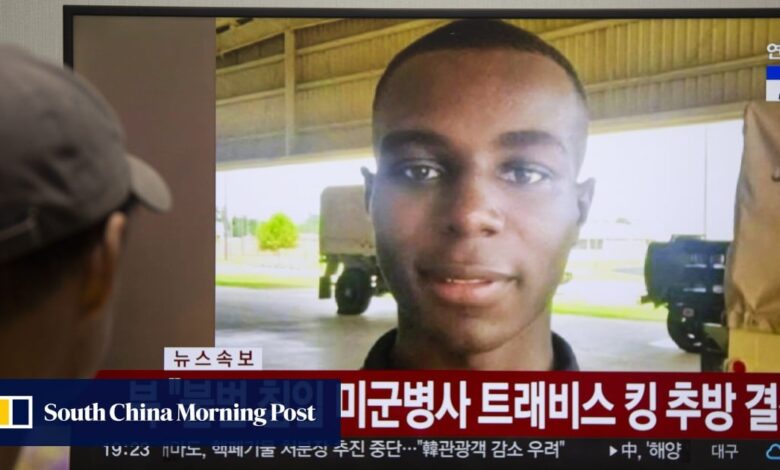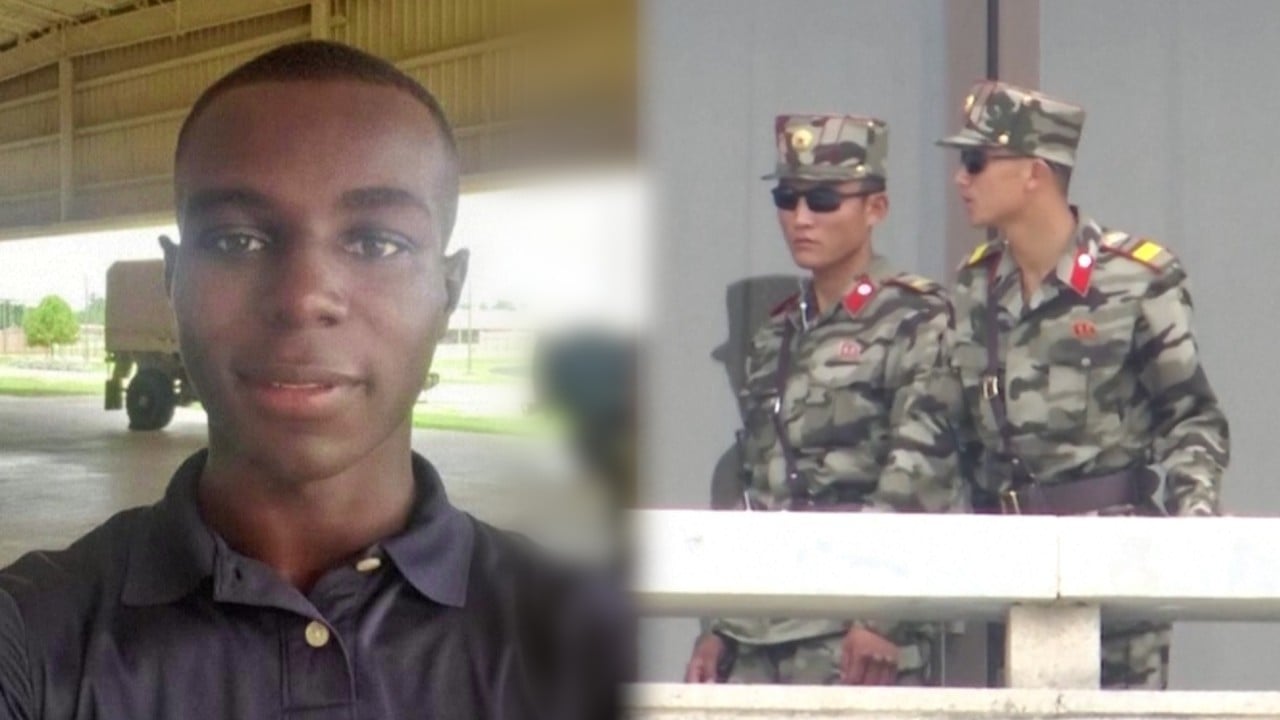North Korea to expel US soldier Travis King over illegal border crossing

King ran across the border on July 18 after joining a sightseeing tour of the Demilitarised Zone between the two Koreas.
But after completing its investigation, Pyongyang has “decided to expel Travis King, a soldier of the US Army who illegally intruded into the territory of the DPRK, under the law of the Republic”, the Korean Central News Agency said on Wednesday, using the North’s formal name.
It did not give any details about where or when King would be released.
But instead of travelling to Fort Bliss for disciplinary hearings, King sneaked away, joined a Demilitarised Zone sightseeing trip and slipped over the border.
King, 23, was among about 28,000 US troops stationed in South Korea as deterrence against potential aggression from North Korea. US officials had expressed concern about King’s well-being, citing the North’s harsh treatment of some American detainees in the past.
US officials have said that King has been declared AWOL, which can be punished by time in the brig, forfeiture of pay or dishonourable discharge with the severity based on the amount of time away and whether the service member was apprehended or returned on their own.
I just can’t see him ever wanting to just stay in Korea when he has family in America. He has so many reasons to come home
In an interview last month with Associated Press, King’s mother, Claudine Gates, said her son had “so many reasons” to want to come home.
“I just can’t see him ever wanting to just stay in Korea when he has family in America. He has so many reasons to come home,” she said.
Seoul and Washington have ramped up defence cooperation in response, staging joint military exercises with advanced stealth jets and US strategic assets.
North Korea likely to claim US soldier ‘defected from imperialist America’
North Korea likely to claim US soldier ‘defected from imperialist America’
The two Koreas remain technically at war because the 1950-53 conflict ended in an armistice, not a treaty, and most of the border between them is heavily fortified.
But the Joint Security Area where King made his escape, the frontier is marked only by a low concrete divider and is relatively easy to cross, despite the presence of soldiers on both sides.
Pyongyang has a long history of detaining Americans and using them as bargaining chips in bilateral negotiations.
One of the last US citizens to be detained by the North was student Otto Warmbier, who was held for a year-and-a-half before being released in a coma to the United States. He died six days later.

Around half a dozen American soldiers made rare defections to the North after the Korean war and were used for the country’s propaganda.
In one such case, US soldier Charles Robert Jenkins crossed into the North in 1965, drunk after 10 beers, while patrolling the DMZ in an attempt to avoid facing combat duty in Vietnam.
Although he quickly regretted his defection, Jenkins was held for decades, teaching English to North Korean soldiers and appearing in propaganda leaflets and films.
He was eventually allowed to leave in 2004 and subsequently spoke out about the dire conditions of life in the North until he died in 2017.


